Read on to learn how the right nutrition can fight cancer and why I switched to a whole food, plant-based diet.
The number one sustainable way to help fight cancer is through nutrition. What you eat has a huge impact on your ability to get and stay healthy.
Here I’ll show you why eating more plants and plant-based foods is the best anti-cancer strategy!
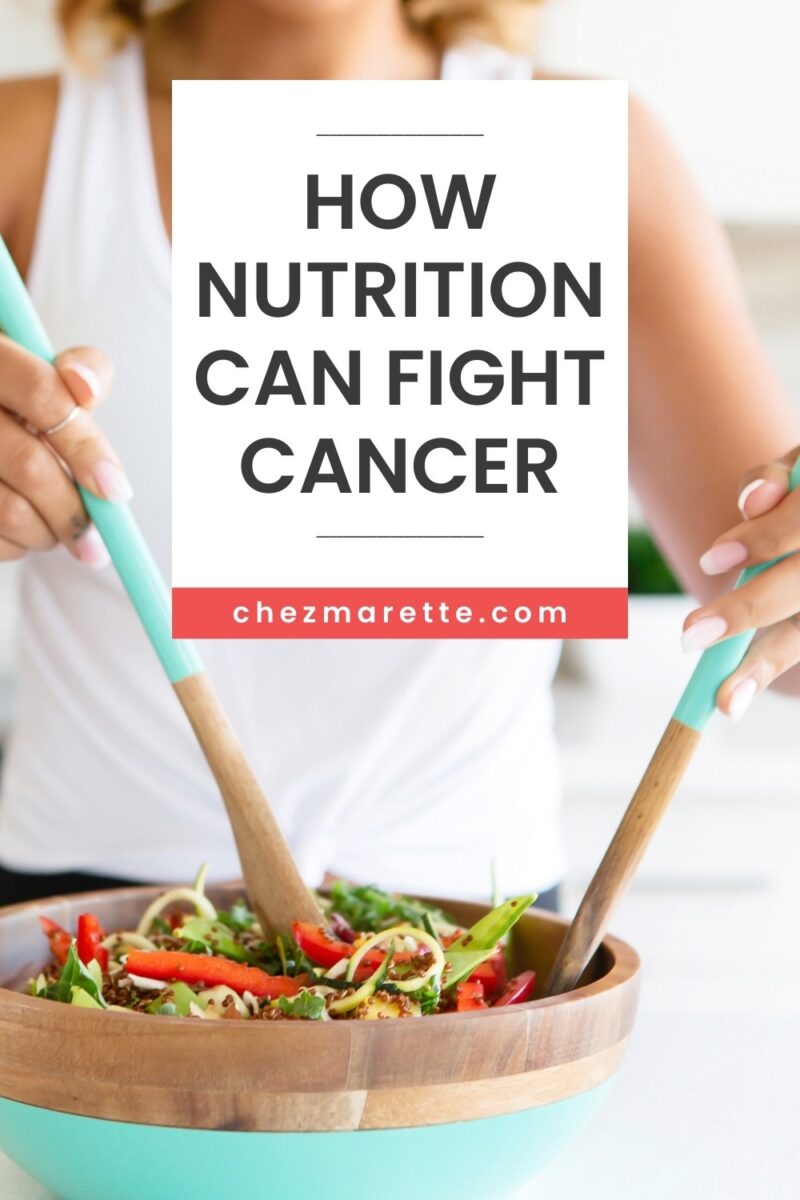
Say Yes by saying No
If you’re done with cancer treatment and wondering how to keep it at bay, start with taking a good look at what you eat. Say YES to optimal health after cancer by saying NO to eating animal products. That means saying buh-bye to red meat, pork, chicken, turkey, fish, shellfish, eggs and dairy (including milk, cheese, and my beloved ice cream).
but what will I eat?
What’s left? Mostly plants! Say Yes to veggies, fruits, whole grains, nuts, seeds, legumes and healthy fats. And even though that may sound boring or tasteless at first (that’s what I used to think!), there is so much deliciousness and variety waiting for you to unlock it.
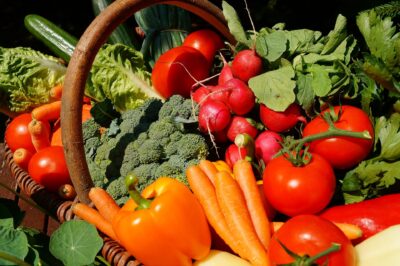
What exactly is whole food, plant-based eating?
Often referred to as WFPB, this way of eating focuses on:
- whole foods – eating foods in their natural state and ingredients that are not processed or minimally processed.
- plant-based – eating foods that come from plants such as vegetables, fruit, nuts and seeds, and not from animals such as meat, dairy and eggs.
Although it’s sometimes called a WFPB diet, it’s not a diet. This is a way of living, day to day and long-term.
WFPB focuses on eating whole, unprocessed or minimally processed foods and avoiding animal-based foods.
Of course, sometimes you may need to rely on processed or semi-processed foods such as bagged salads, etc. And that’s OK! The idea is to have the majority of your daily food intake come from real food that has not been manufactured in a factory.
what WFBP is
- a lifestyle
- focus on total nutrients
- whole, unprocessed foods (real food)
- promotes health
- delicious and full of variety
- simple, easy-to-prepare recipes
- basic, fresh ingredients
what WFPB is not
- a diet
- counting calories
- overly processed/fast foods
- promotes weakness
- boring and bland
- complicated recipes
- hard-to-find ingredients
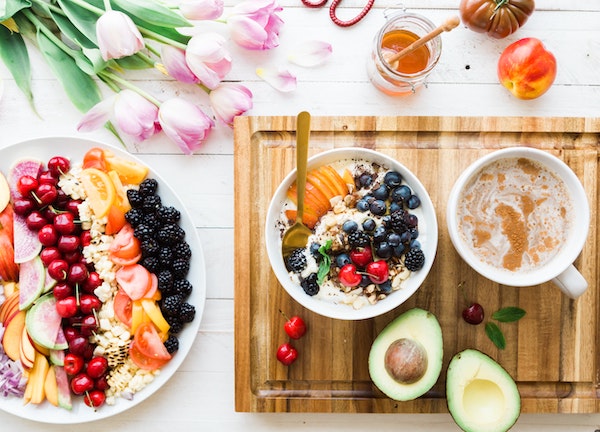
From SAD to glad
The Standard American Diet (SAD), also known as the Western Diet, is largely made up of processed foods high in fat, salt and sugar. SAD is the typical diet eaten by the majority of Americans and is becoming more popular throughout Europe and the rest of the world.
According to the U.S. Department of Agriculture, Americans are consuming:
- 57% of calories from processed plant foods (think packaged snacks like potato chips, packaged desserts, soft drinks)
- 32% of calories from animal-based foods
- 11% from whole grains, beans, fruits, vegetables and nuts

In fact, when comparing what Americans eat vs the daily recommended guidelines, a 2010 National Cancer Institute report found that:
- 3 out of 4 Americans don’t eat a single piece of fruit in a given day
- Nearly 9 out of 10 don’t eat the minimum recommended amount of vegetables
No wonder we are so sick! Obesity and chronic diseases such as heart disease, high blood pressure, diabetes and cancer are on the rise. According to the Centers for Disease Control, 60% of adults in the U.S. have a chronic disease.
The American Cancer Society estimates there will be more than 1,898,000 new cancer cases in 2021 in the U.S. — that’s about 5,200 new cases PER DAY!
So what can you do?
Start by taking a good look at what you eat.
After I was diagnosed, I asked myself what I could do to promote healing, prevent recurrence, and minimize side effects during chemotherapy. There was so much I could not control. I wanted to focus on what I could control, and one area was my diet. And this is a great place to start!
As I poured through research studies, books and articles on nutrition and cancer, I found overwhelming evidence to support a plant-based diet as the most effective for fighting not just cancer, but a host of other chronic diseases as well.
To get started building healthy lifestyle habits, grab my Thrive After Cancer Guide. You'll get into action and create small yet effective changes in six areas: mindset, nutrition, movement, relationships and reducing harmful chemicals in your home and beauty care.
general anti-cancer health recommendations
- According to the World Health Organization, between 30% and 50% of cancer deaths could be prevented by avoiding key risk factors and increasing prevention strategies, including:
- avoid tobacco use, including cigarettes and smokeless tobacco
- maintain a healthy weight
- eat a healthy diet with plenty of fruit and vegetables
- exercise regularly
- limit alcohol use

- In addition, the American Cancer Society states that “For most Americans who do not use tobacco, the most important cancer risk factors that can be changed are body weight, diet, and physical activity.” (emphasis added)
- Finally, environment and diet are more strongly linked to cancer than genetics. In fact, a significant report to the U.S. Congress concluded that 35% of total cancers are attributed to diet, whereas genetics only account for up to 3% of cancer risk.
- Based on years of research, Dr. C. Thomas Campbell, author of The China Study, states that genes don’t determine disease on their own — they’re the starting point for both health and disease and they must be activated to have any effect.
- Nutrition plays a critical role in determining which genes—good or bad—are activated. (1) Summing up The China Study, he concludes that:
Dr. C. Thomas Campbell
the closer people came to an exclusively plant-based diet, the lower their risk for chronic disease would be.
Bottom line: This is good news because these factors are largely within your control! So, don’t spend your energy worrying about what you’ve inherited and instead focus on what you can control now, like what you eat.
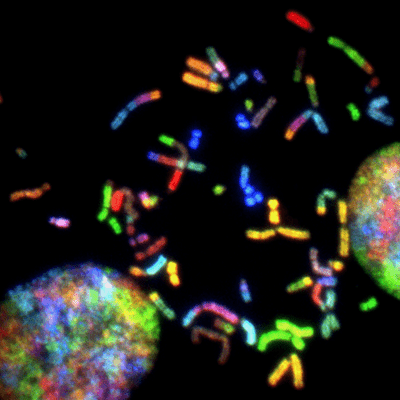
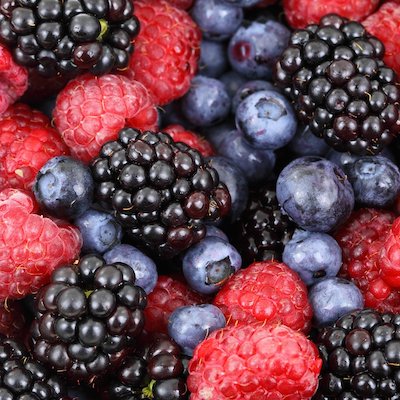
How plants fight cancer
I’m sure you’re aware that cancer is a very complex subject, so I will stay very high-level, focusing specifically on nutrition and cancer.
Below is a short summary of the many reasons why eating plants and avoiding animal products are the best for fighting cancer. Warning: there’s a lot of information here, but please stay with it – this is critical to your health and wellbeing. Your future self will thank you!
first, the bad news…
- Eating animal products (meat, chicken, fish, dairy, eggs) is strongly linked to cancer. How?
- Insulin-like growth factor-1 (IGF-1): eating animal protein causes your brain to tell your liver to produce IGF-1, which makes tissue grow faster. We’ve been conditioned to think this is good, however, it also makes cancer tissue, cancerous tumors and metastases grow faster (2) — NOT good! Importantly, eating plant protein does not increase IGF-1.
- Mutagens: these nasty-sounding cancer-causing compounds are created on the surface of meat when cooked due to a reaction between the heat and the creatinine in muscle tissue.
- Mutagens are linked to several types of cancers including breast, colorectal, and pancreatic.
- Although mutagens are most often cited as forming only under high heat such as grilling, even chicken cooked at lower temperatures can form mutagens. So the best way to avoid them completely is to avoid eating meat.
- Animal products are high in saturated fat, which is linked to an increased risk of several types of cancer including breast cancer in postmenopausal women, and intestinal and lung cancers.
- In a study of more than 4,400 women with breast cancer, those who ate one or more servings of full-fat dairy per day have a 49 percent increase in death from all causes compared to those eating less than a 1/2 serving per day.
- The authors concluded that “lower intake of saturated and trans fat in the post-diagnosis diet is associated with improved survival after a breast cancer diagnosis.”
- Trans fats: Although the U.S. banned trans fats in processed foods in 2018, these killer fats are still plentiful in meat and dairy, and have the same effect in our bodies.
- Women with breast cancer who eat butter, margarine or lard daily have a 67 percent increase in cancer recurrence and a 212 percent increase in death.
- Trans fats increase bad LDL cholesterol and lower good HDL cholesterol, which is linked to several types of cancers; it increases cancer growth and suppresses the immune system.
- Nitrates: Processed meat – where smoking, curing, salting, fermenting or adding preservatives has altered it – contains nitrates, which turn into nitrites in the body. Nitrites in plants are good, but the nitrates in animal meat are transformed into carcinogens (carcinogens/carcinogenic means it causes cancer).
- A British study of over 35,000 women found that those who ate the most processed meat exhibited 64 percent more breast cancer than the women who ate no processed meat. In addition, women who consumed the most meat (total, processed and red meat) had the highest risk of breast cancer.
- Even if the processed meat is labeled “no nitrates added, except for those naturally occurring in celery powder”, that celery powder is a nitrite, and when combined with animal meat, acts the same and becomes a cancer-causing carcinogen.
- In 2015, the International Agency for Research on Cancer (IARC) declared processed meat “carcinogenic to humans”, equal to the effect of smoking and asbestos, and gave it the highest possible warning level – Group 1 carcinogens.
- In addition, the IARC classified red meat as “probably carcinogenic to humans” (Group 2A carcinogens), on par with glyphosate and DDT. Why take the chance with meat?
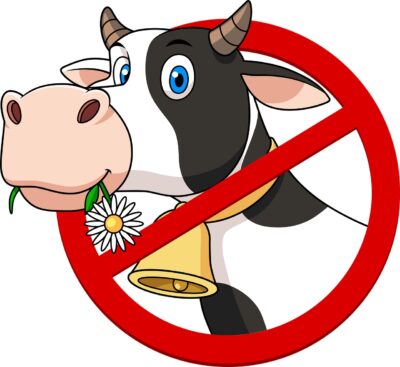
Bottom line: I love me some bacon, but really, avoid eating red meat and all processed meats such as bacon, sausage, hot dogs, deli meats, as well as dairy, poultry and eggs.
now for the good news!
- Eating a plant-based diet combined with exercise can actually reverse cancer, as shown in Dr. Dean Ornish’s groundbreaking prostate cancer study.
- In this study, men with prostate cancer who did not do conventional cancer treatments switched to a plant-based diet along with a moderate exercise routine. Among other positive benefits, they found that:
- The men experienced significant reductions in PSA (a marker for prostate cancer) and reduced tumor activity.
- After just three months, over 500 genes were changed, turning on the protective genes and turning off the genes that promote not just prostate cancer, but also breast and colon cancer.
- A WFPB diet helps maintain a healthy weight. Why is this important? Being overweight or obese increases the risk for at least 13 types of cancer, including breast cancer in postmenopausal women, as well as uterine, ovarian and colorectal cancers, among others. Together, these 13 cancers account for 42 percent of all new cancer diagnoses.
- Vegans and vegetarians have lower cancer rates than meat-eaters.
- Plants are high in cancer-fighting ingredients, including:
- Phytochemicals reduce inflammation and protect cells from damage.
- Fiber is linked to cancer prevention. For example, a study reported in the American Academy of Pediatrics found that young women who ate fiber-rich diets were 25% less likely to get breast cancer later in life.
- Certain vegetables have been shown to stop cancer growth in the lab:
- Allium: Garlic, leeks, yellow onions, green onions. Garlic was the top performer, stopping cancer growth completely in all eight cancer cell lines tested.
- Cruciferous: Brussels sprouts, cabbage, curly cabbage, kale, cauliflower, broccoli
- Other: Spinach, beetroot
Eating plants 👍
- can attack cancer cells and reduce tumor growth
- can turn on protective genes and turn off cancer-promoting genes
- high in cancer-preventing fiber
- rich in phytochemicals which reduce inflammation and protect cells from damage
Eating animal products 👎
- triggers IGF-1 production, promoting cancer growth
- cooked meat can generate cancer-causing mutagens
- high in saturated fat
- high in trans fat
- high in cancer-causing nitrates
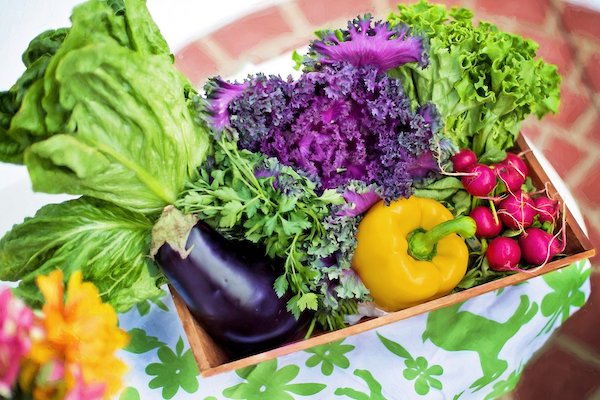
How to switch to whole food, plant-based eating
It may sound overwhelming right now, but eating whole food, plant-based is the cornerstone. I can’t say this strongly enough: if you make only one change in your life, this is the one.
There are two ways to go about it: cold turkey (like I did) or easing into it.
- I went cold turkey because the evidence to support plant-based eating for cancer recovery and prevention was overwhelming and I had a scare that jolted me into action.
- But easing into it is also a good option if that better suits your current situation, lifestyle, or needs. You could try eliminating one animal group each week over the course of 2-3 months. For example, remove processed and red meat the first week, avoid dairy the next week, then remove pork, etc. Putting more veggies, legumes and whole grains on your plate will *crowd out* meat and dairy products. You determine your schedule and way of doing it.
WFPB eating isn’t about perfection; just continue to move forward every day and make progress as you’re able.
I’m here to help you on this journey to better health, whether you are already eating a pretty healthful diet, are regularly eating fast foods or processed foods high in fat and sugar, or somewhere in between.
Because it’s that important.
To get started building healthy lifestyle habits, grab my Thrive After Cancer Guide. You'll get into action and create small yet effective changes in six areas: mindset, nutrition, movement, relationships and reducing harmful chemicals in your home and beauty care.
Remember, this is a path toward health and wellbeing, not a sprint. Give yourself some grace if things don’t fall into place the first week (spoiler alert – they won’t!). Focus on making small, consistent changes.
big changes are achieved through small, consistent changes
This takes time, and, armed with the right information, resources, support and a step-by-step plan, you can do this! And it will make such a positive impact in your life and in the lives of those around you.
Need help getting started? Check out my guides:
Your turn: how are you incorporating more plants into your diet?
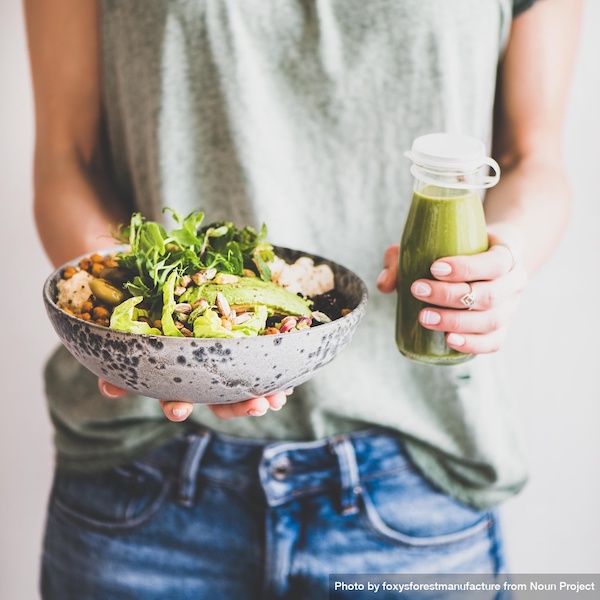
Let’s do this!
Amy Marette xx
Equip | Encourage | Engage
sources
- Campbell TC, Campbell TM. The China Study: Startling Implications for Diet, Weight Loss, and Long-Term Health. Dallas, TX, BenBella Books. 2016.
- S. Y. Yang et al., “Growth Factors and Their Receptors in Cancer Metastases,” Frontiers in Bioscience (Landmark Edition) 16 (2011): 531-38.
Medical Disclaimer: The information in this post is for informational purposes only and is not intended as, and shall not be understood or construed as, medical or health advice, diagnosis, or treatment. The information in this post is not a substitute for medical or health advice from a professional who is aware of the facts and circumstances of your individual situation. Always seek the advice of your physician or other qualified healthcare professional.

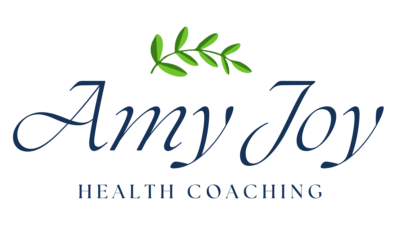
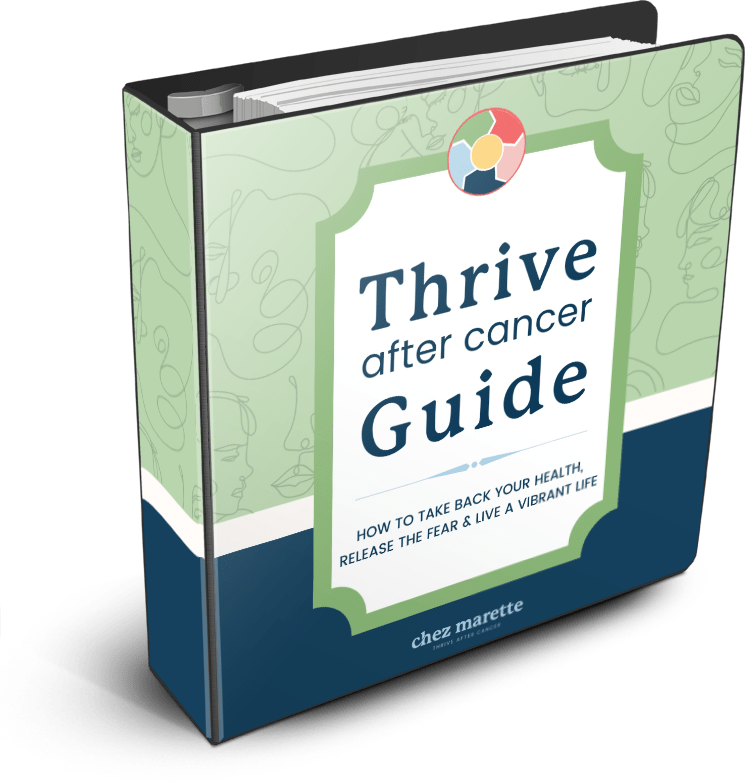
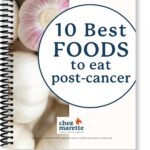

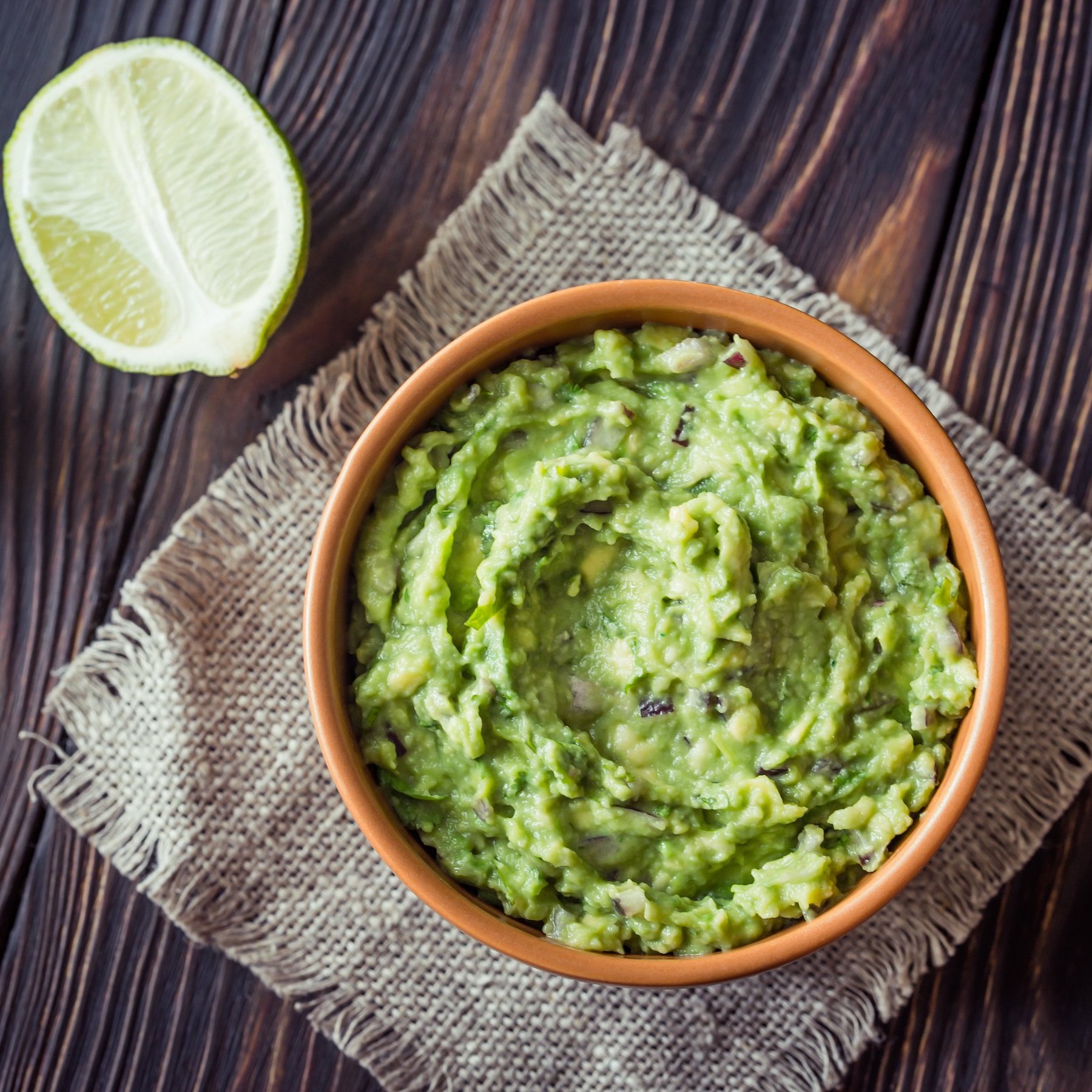



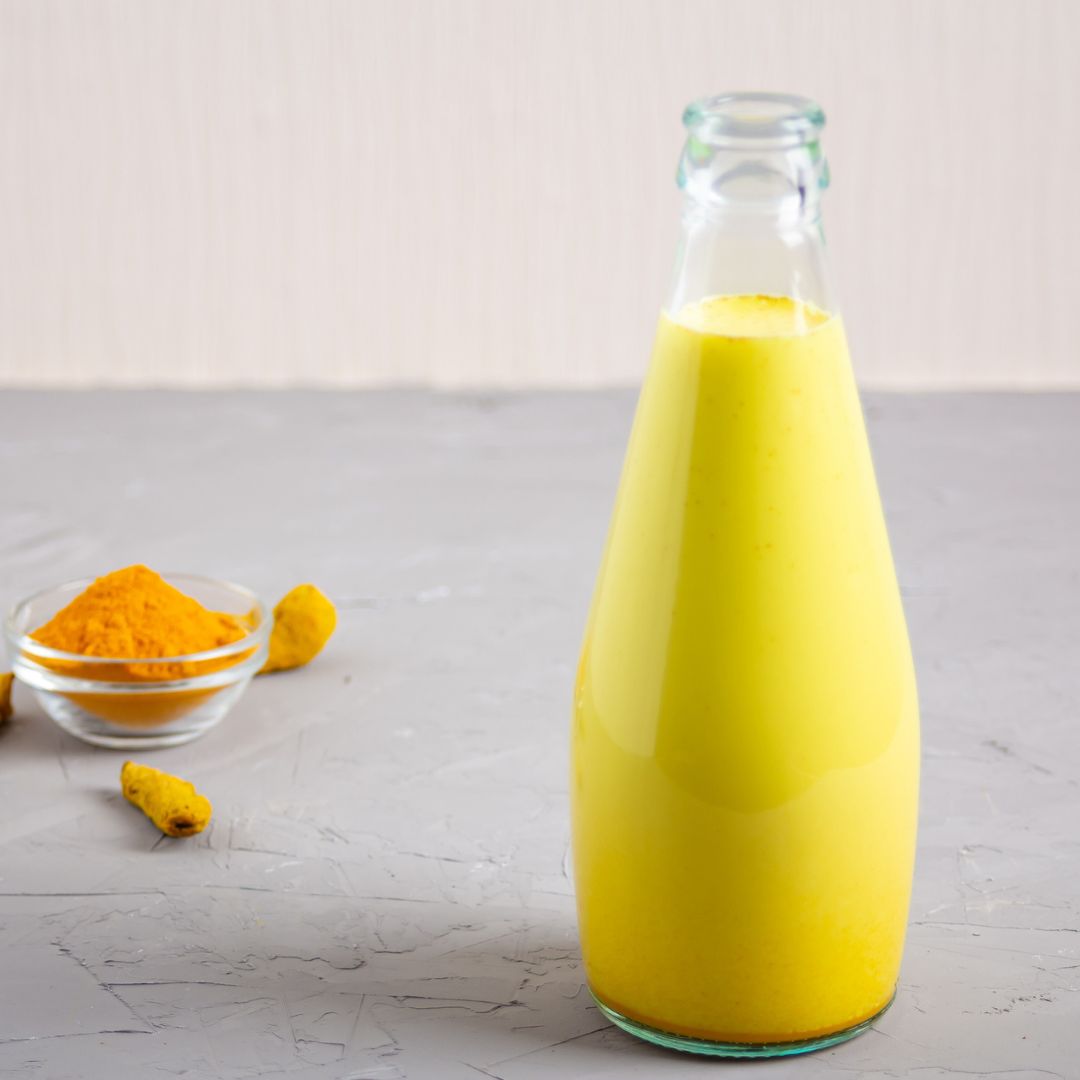
This is very helpful, thanks! I’ve been trying to be better about getting in more plants, fruits and veggies. I look forward to following along!
Great! Thanks for your comment, Tracey, check out the 10 Best Food Guide for some tips on how to get more plants into your diet.
This is very helpful information for taking control of your health. I love that you went cold turkey, no pun intended, and I like doing small changes in my life. Both of these methods are improvement.
Thanks for your comment, Kathy, I’m glad you enjoyed it!